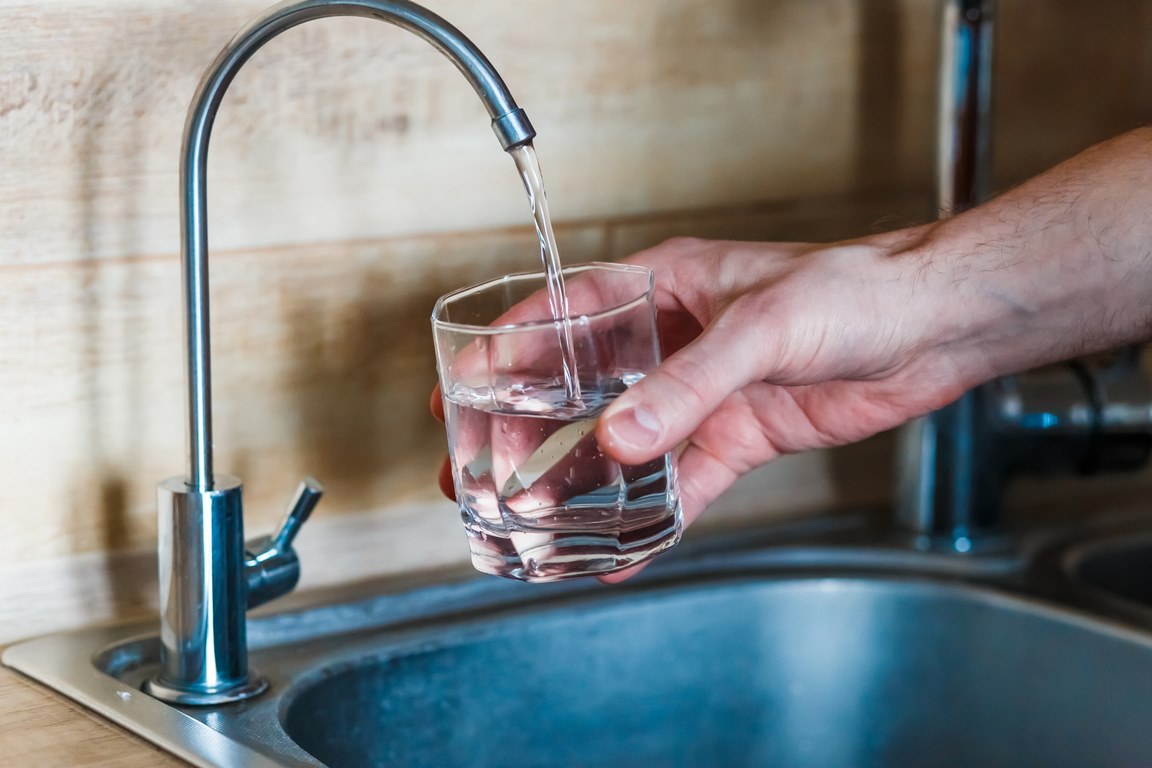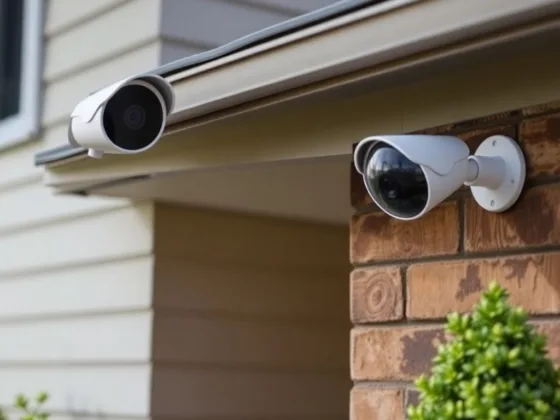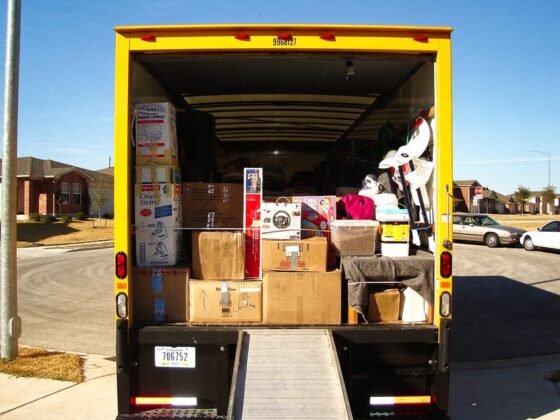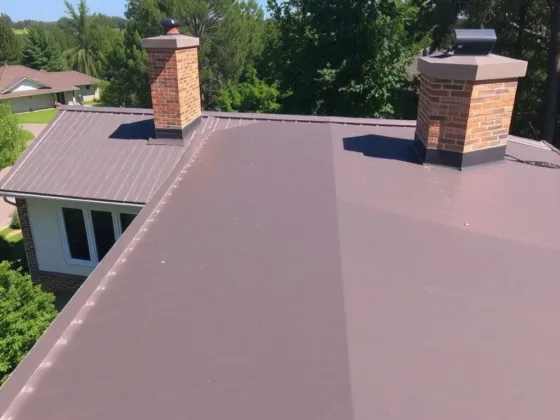Table of Contents Show
Water is a vital part of any household. Residents use it for cooking, bathing, and drinking. However, water quality may vary from one place to another.
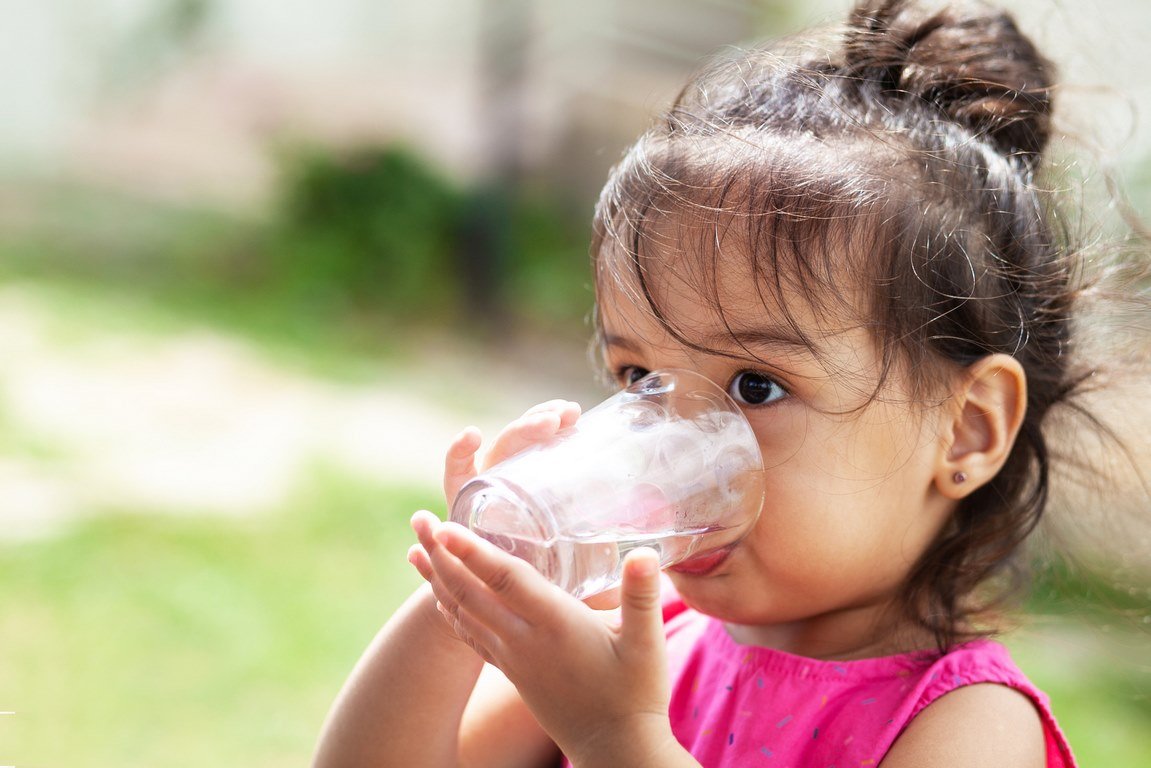
Some sources are cleaner than others. And if the water isn’t of high quality, you might experience health issues like lead poisoning and kidney problems.
Homeowners must ensure that their family has access to clean water. Monitoring water quality at home can help eliminate contaminants, like lead and chlorine, that might affect your family’s health.
To check the quality of the water, it’s best to seek help from a monitoring specialist. They can evaluate the water’s condition while identifying levels of elements like oxygen and nutrients.
This activity aims to collect data about the overall quality of water so that it’s safe for consumption. Here’s a four-item list of reasons why you should consider water quality monitoring in your residential property:
1. Leaky Faucets Can Be Costly
Many homeowners are surprised when they discover how much money they spend on their monthly water bills. When people find out that leaky faucets account for the bulk of their water bill, they’re sometimes taken aback by the amount of money that’s being wasted. Water leakage may significantly affect your property’s value because it can ruin your home’s foundation.
A sound water quality monitoring system like a smart water meter from Bluebot can help avoid this problem. This technology enables you to track your water lines and discover leaks by monitoring the condition of your pipes. Once it identifies the issue, you can replace old leaky faucets with new ones, helping you save money on water bills.
Alternatively, you may call a professional plumber to take care of this issue. Instead of doing it on your own, this ensures you’re not wasting money on inefficient repairs.
Read Also:
2. Safe Water for Drinking
If your family likes cooking and drinking tap water, ensuring it’s safe is best. This means it shouldn’t contain contaminants like lead, copper, or other toxic chemicals.
If you continue to consume contaminated water for your food and drinks, you’re likely to suffer from health problems in your reproductive and gastrointestinal systems.
You can get rid of water contaminants by knowing if the water in your home is safe to consume. With water quality monitoring, you can detect any presence of harmful substances in the water supply before they affect your health.
For instance, there may be a presence of lead in pipes or a problem with lines running through your house that could cause bacteria to grow inside them. In this case, the monitoring specialist will suggest contacting an expert who’ll take care of this contamination issue. Hence, the risk of drinking unsafe water is eliminated.
3. Prevent Waterborne Diseases
Waterborne diseases are a severe threat to human health. These include leptospirosis, diarrhoea, cholera, and hepatitis A. They can cause severe dehydration, leading to death in some cases.
In addition, they can be acquired by drinking contaminated water, causing severe health problems, including death. You can prevent these diseases from spreading throughout your property by conducting water quality monitoring.
With the help of water testing kits, you can check the water quality and identify the toxins that may be the source of these illnesses. Hence, you’ll know what precautions to take to prevent them from spreading throughout your property.
4. Identify Changes in the Water Cycle
Trends in water cycle changes can affect your home’s water quality. These include changes in the pH, conductivity, surface runoff, rainfall, and snowmelt.
These factors can affect the quality of your water. For instance, high carbon dioxide levels in groundwater can change its acidity level, leading to corrosion or other problems with plumbing fixtures.
You can detect water cycle changes by monitoring the water quality on your property. Using sensors, you can measure specific levels of chemicals like nitrate, arsenic, or fluoride in your water supply.
You can estimate the concentration of these compounds based on the data collected from these sensors. Once you have this information, you can take steps to fix any issues that are affecting your home’s water quality.
Key Takeaway
The safety of your family should be your main priority as a homeowner. Hence, it’s best to monitor the quality of the water you use for drinking, cooking, and bathing to avoid hazards to your health.
If there’s a contamination problem, someone can get sick from drinking it. Also, water leakage can affect your finances by paying extra for leaks and repairs.
Water quality monitoring can help you identify significant issues with your water supply. This way, you can take action immediately and prevent further damage while protecting your family.

